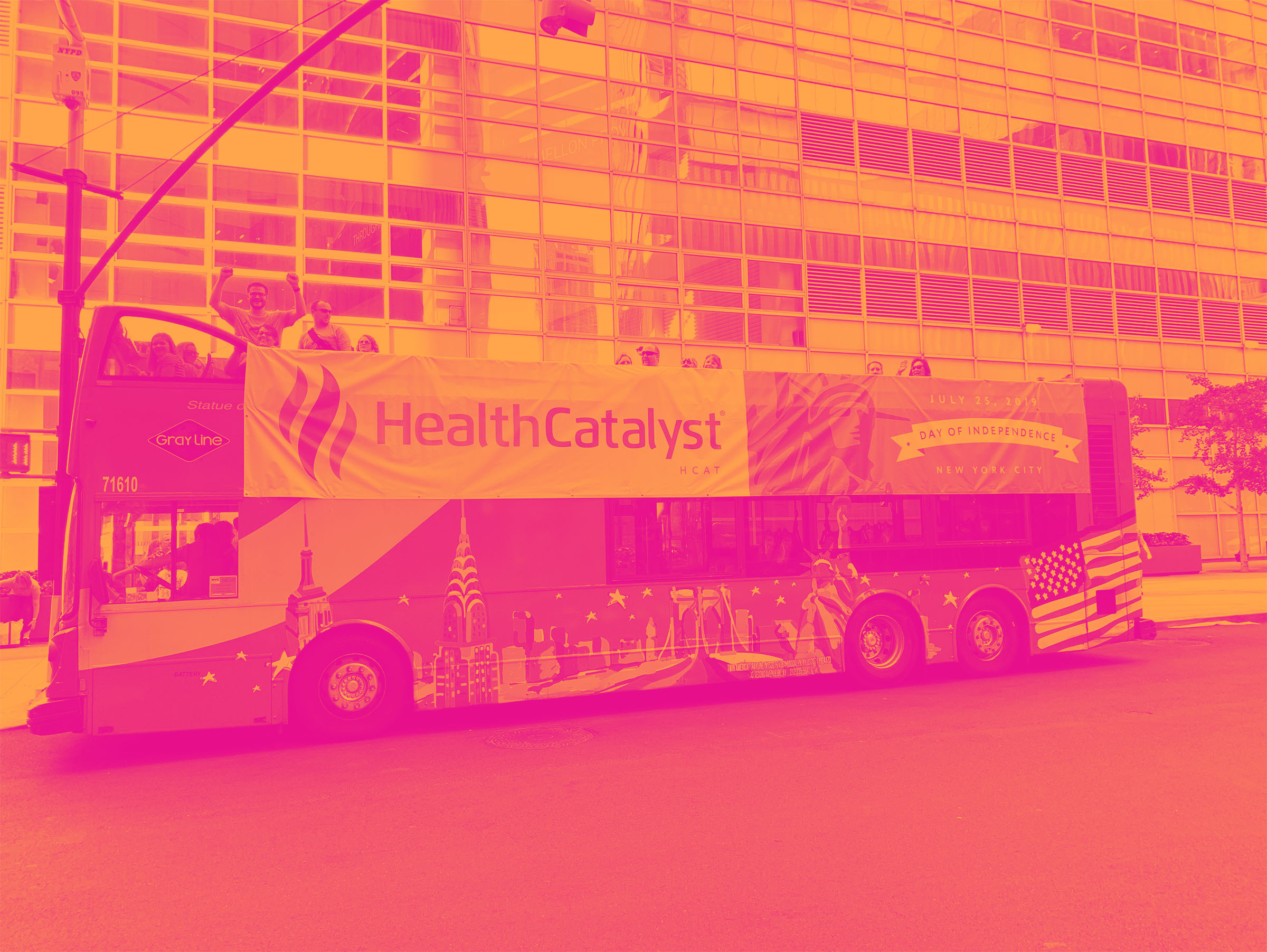
What Happened?
Shares of healthcare data analytics company Health Catalyst (NASDAQ: HCAT) fell 4.1% in the morning session after Piper Sandler downgraded the stock's rating to Neutral from Overweight and slashed its price target in half.
The investment firm cut its price target on the shares to $4.00 from $8.00, citing disappointing bookings in the first half of 2025 and a reduced revenue forecast for the calendar year. The downgrade was attributed to several factors, including lower net revenue retention, customer churn, and reduced conversions of in-year bookings to revenue. According to Piper Sandler, the revised 2025 guidance removes all organic growth from the outlook. The negative sentiment follows Health Catalyst's recent second-quarter 2025 earnings report, which revealed a significant earnings per share (EPS) miss.
The stock market overreacts to news, and big price drops can present good opportunities to buy high-quality stocks. Is now the time to buy Health Catalyst? Access our full analysis report here, it’s free.
What Is The Market Telling Us
Health Catalyst’s shares are extremely volatile and have had 44 moves greater than 5% over the last year. In that context, today’s move indicates the market considers this news meaningful but not something that would fundamentally change its perception of the business.
The previous big move we wrote about was 13 days ago when the stock dropped 9.5% on the news that markets pulled back as a hotter-than-expected wholesale inflation report for July dampened hopes for a Federal Reserve interest rate cut. The U.S. Producer Price Index (PPI), a key measure of wholesale inflation, rose 0.9% month-over-month in July, far exceeding the 0.2% increase that economists had predicted.
Annually, prices at the wholesale level jumped 3.3%, also surpassing the 2.5% forecast. This hotter-than-expected data has poured cold water on widespread expectations for an interest rate cut from the Federal Reserve next month. Persistent inflation makes it less likely for the central bank to ease monetary policy. Sectors with high-growth stocks, such as SaaS, are particularly sensitive to interest rate changes, as the prospect of higher rates for longer can diminish the present value of their future earnings, leading to a decline in stock prices.
Health Catalyst is down 52.2% since the beginning of the year, and at $3.51 per share, it is trading 61.1% below its 52-week high of $9.02 from December 2024. Investors who bought $1,000 worth of Health Catalyst’s shares 5 years ago would now be looking at an investment worth $114.06.
Do you want to know what moves the business you care about? Add them to your StockStory watchlist and every time a stock significantly moves, we provide you with a timely explanation straight to your inbox. It’s free and will only take you a second.







